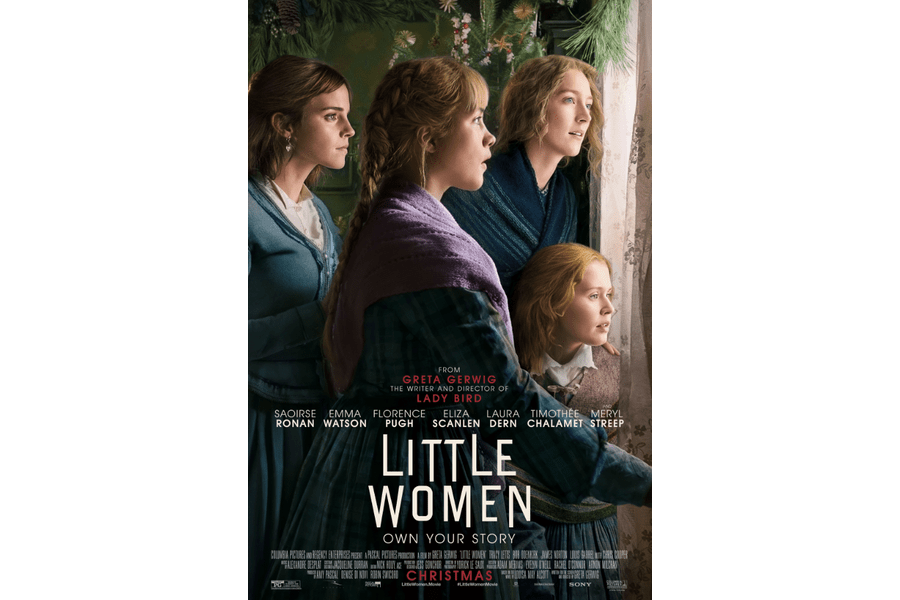image via imdb
If you have yet to be introduced to the March sisters, dreamt up by Louisa May Alcott in her 1868 novel Little Women, let us be the first to tell you that your meeting is long overdue! Regardless of whether you stumble upon the sisters via the book, or through one of the many film, tv, or stage adaptations (our personal favorite being Greta Gerwig’s 2019 rendition), we implore you to immerse (or re-immerse) yourself in their story: It’s in a league of its own.
Is It Really Feminist?
Though there’s a flurry of internet discourse surrounding the story and whether it should be classified as a feminist novel, we can’t help but look at the story as one for women. The book itself was deemed questionable soon after the publication of the second half of the novel. (Though you can buy the book in a single copy today, some countries do it in its original two-part format.) The first book ends before the girls are married, leaving them lingering in their hopes and dreams, but the second book ends with them settling into cushy, domestic life, leaving some readers feeling that their dynamic character development was put to waste.
Enter Greta Gerwig
Lovers of the book were apprehensive upon hearing that director Greta Gerwig was making yet another film adaptation of the story, but many were blown away by the direction she took. Gerwig somehow added a perspective that few people could unearth upon reading. Perhaps the most notable addition of her take was Jo’s monologue. Saoirse Ronan, who plays scrappy protagonist Jo March, sobs while she vents her frustrations: “I’m so sick of people saying love is just all a woman is fit for.”
Not a Love Story
Despite there being love present, Little Women is far from being a classic “love story.” So much of this is due to how Alcott wrote her characters: They are flawed, with personalities, wants, dreams, and desires. Whereas a run-of-the-mill love story would present a female protagonist simply as motivation for the male character to “find himself,” Little Women offers us dynamic women.
Jo, fueled by a desire to share her voice with the world, rebukes the once-accepted idea that a woman should be a housewife and lover. Amy, on the other hand, is deeply ambitious and self-absorbed to a fault; she welcomes the promise of love like an old friend while kindling an innate passion for the arts.
And though (spoiler alert!) the story ends with these two characters entering lives of domesticity and marriage, it can be argued that they entered those lives with a choice. The ability to decide for themselves is arguably the most feminist idea of all.
Which Little Women adaptation is your favorite? Share your thoughts with us in the comments below!






